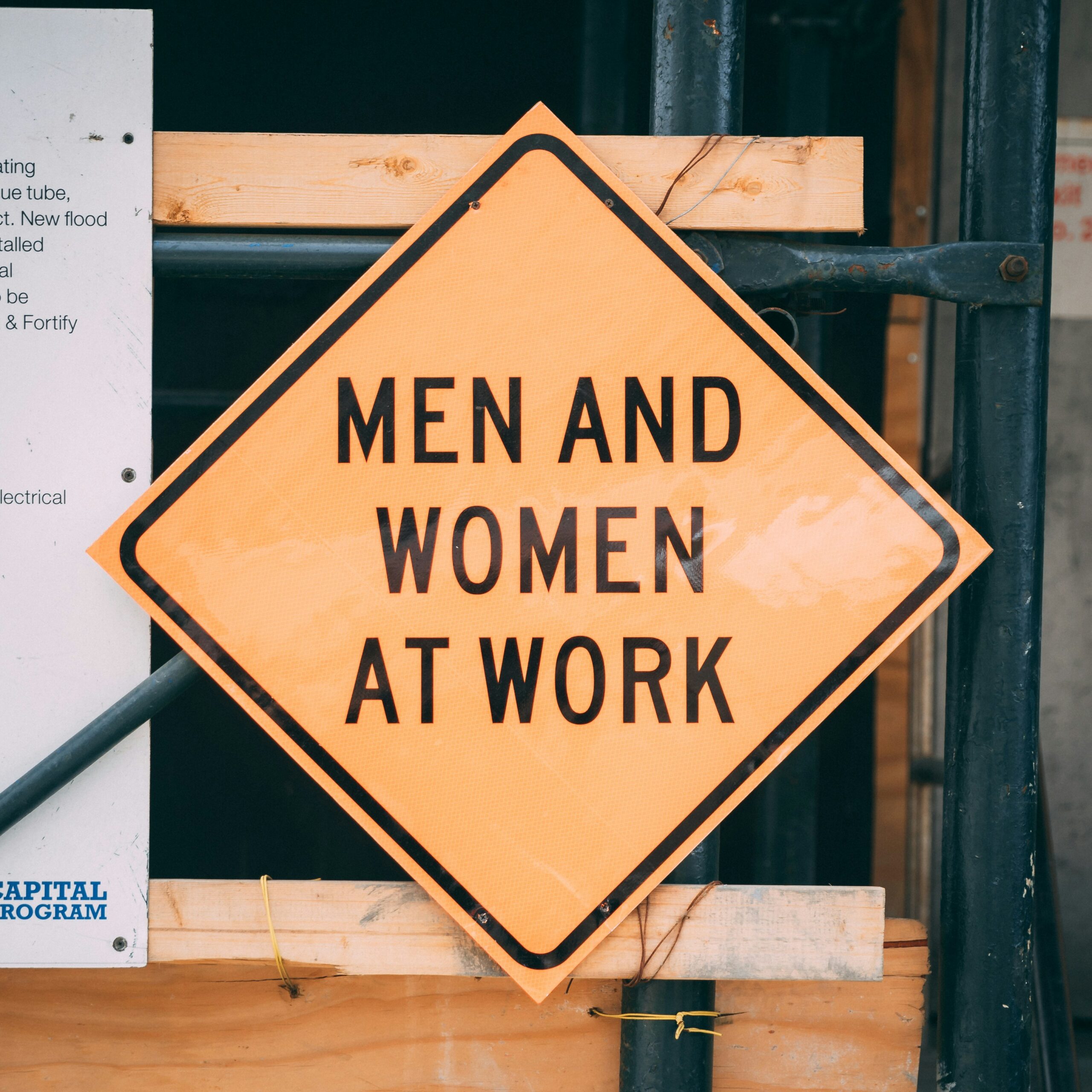The government is seeking evidence and views on a number of areas of equality policy in order to identify barriers to opportunity and seek expert views on how to overcome these barriers.
In some cases, this concerns evidence and views about areas of the existing legal framework, to help better understand how the law is working in practice. In others, it is seeking evidence and views on areas of possible equality law reform that the current government is considering.
The equality law call for evidence is looking for evidence and views on the following areas:
- the prevalence of pay discrimination on the basis of race and disability
- making the right to equal pay effective for ethnic minority and disabled people
- measures to ensure that outsourcing of services can no longer be used by employers to avoid paying equal pay
- improving the enforcement of equal pay rights by establishing an Equal Pay Regulatory and Enforcement Unit, with the involvement of trade unions
- improving pay transparency
- strengthening protections against combined discrimination
- ensuring the Public Sector Equality Duty (PSED) is met by all parties exercising public functions
- creating and maintaining workplaces and working conditions free from harassment
- commencing the socio-economic duty
ECHR issues an interim update on the practical implications of the UK Supreme Court judgment
The Supreme Court has ruled that in the Equality Act 2010 (the Act), ‘sex’ means biological sex.
This means that, under the Act:
- A ‘woman’ is a biological woman or girl (a person born female)
- A ‘man’ is a biological man or boy (a person born male)
If somebody identifies as trans, they do not change sex for the purposes of the Act, even if they have a Gender Recognition Certificate (GRC).
- A trans woman is a biological man
- A trans man is a biological woman
This judgment has implications for many organisations, including:
- workplaces
- services that are open to the public, such as hospitals, shops, restaurants, leisure facilities, refuges and counselling services
- sporting bodies
- schools
- associations (groups or clubs of more than 25 people which have rules of membership)
In workplaces, it is compulsory to provide sufficient single-sex toilets, as well as sufficient single-sex changing and washing facilities where these facilities are needed.
In workplaces and services that are open to the public:
- trans women (biological men) should not be permitted to use the women’s facilities and trans men (biological women) should not be permitted to use the men’s facilities, as this will mean that they are no longer single-sex facilities and must be open to all users of the opposite sex
- in some circumstances the law also allows trans women (biological men) not to be permitted to use the men’s facilities, and trans men (biological woman) not to be permitted to use the women’s facilities
- however, where facilities are available to both men and women, trans people should not be put in a position where there are no facilities for them to use
- where possible, mixed-sex toilet, washing or changing facilities in addition to sufficient single-sex facilities should be provided
- where toilet, washing or changing facilities are in lockable rooms (not cubicles) which are intended for the use of one person at a time, they can be used by either women or men
This provides summary information and comment on the subject areas covered. Where employment tribunal and appellate court cases are reported, the information does not set out all of the facts, the legal arguments presented and the judgments made in every aspect of the case. Employment law is subject to constant change either by statute or by interpretation by the courts. While every care has been taken in compiling this information, we cannot be held responsible for any errors or omissions. Specialist legal advice must be taken on any legal issues that may arise before embarking upon any formal course of action.







